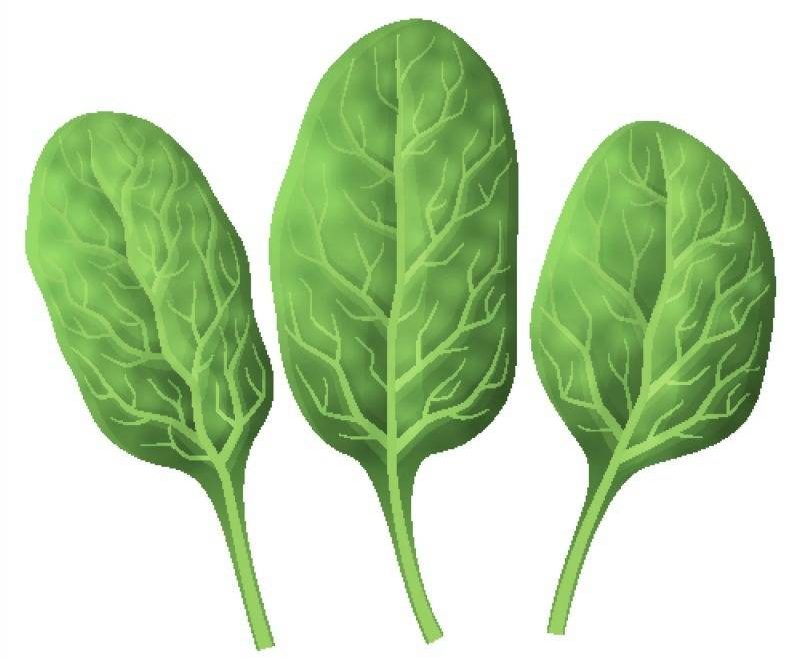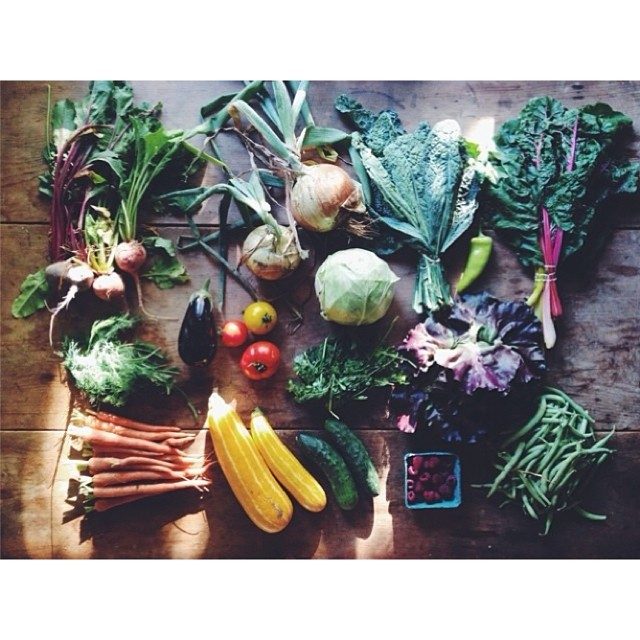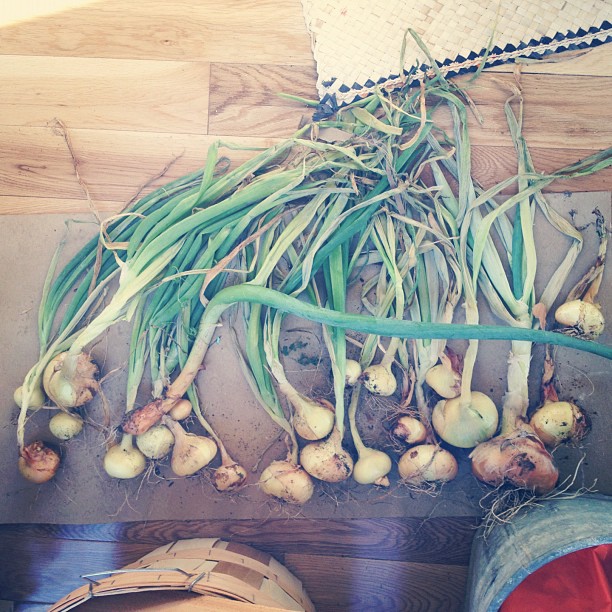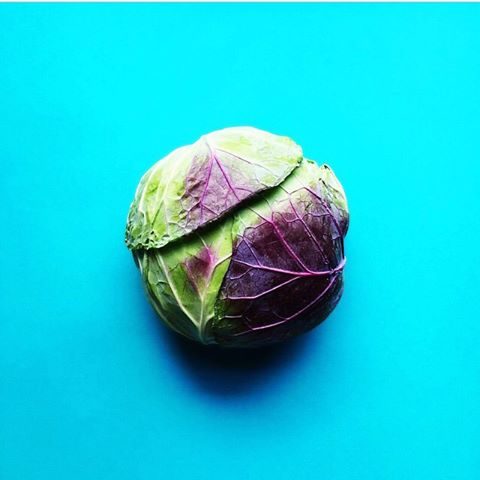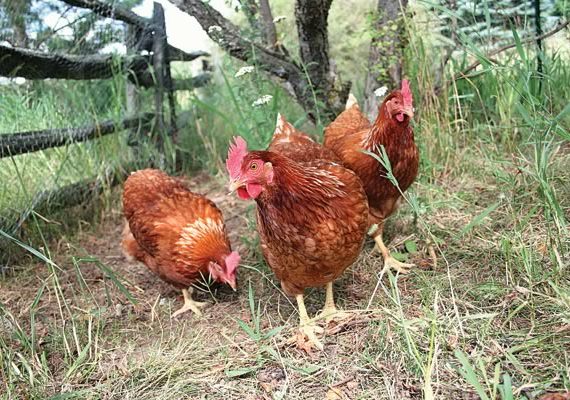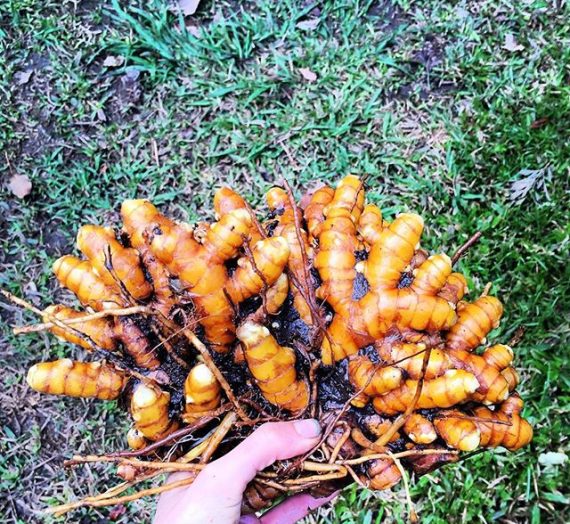There’s no question, we want to prevent dis – ease.
Here are some food related ways I’ve researched and believe to be very helpful. I believe our lifestyle is profoundly effective in preventing and healing from all types of disease, including cancer.
SUGGESTIONS — Dr. Helayne Waldman
Women need to know they can dramatically modify their risk of cancer (by 50-90%) by getting their vitamin D and iodine up, and insulin levels and inflammation down.
It should be our goal to consume up to 7 servings of fresh fruits + vegetables. The anti-oxidants present in these foods help prevent cellular mutation. Take advantage of summer and fall and get your fill of locally grown, delicious produce.
Reduce inflammation. This task can be supported by eating more anti-inflammatory foods such as turmeric. Some believe it to be the world’s most potent anti-inflammatory.
Aim to be alkaline. Avoid processed and conventionally raised meats, alcohol, coffee, sugar, processed dairy and peanuts. Top alkalinizing foods include: Pumpkin, chia and hemp seeds, millet, mircoalgaes, seaweeds, leafy – greens, apples, beets, blueberries.
Nanoparticles in conventional cosmetics are particularly dangerous. Because of their minute size, they can easily cross into blood vessels and then get dispersed all over the body. Do you really want plastics, artificial fragrances, dyes, heavy metals and petroleum particles traveling around in your bloodstream?
Soy is controversial because of its known anti-nutrients such as trypsin inhibitors and goitrogens. Most – but not all – experts feel that fermented soy will help to destroy these, ‘anti-nutrients.’ If you want to eat soy, make sure it’s organic, as non organic is GMO, fermented and eaten in considerable moderation. Stay especially away from “fake” soy foods like soy protein isolate, soy ‘meats’, soy ice cream, etc. which are highly processed with a brew of toxic ingredients. The Whole Soy Story is the best researched, most comprehensive look at soy I’ve ever seen and I highly recommend it.
Coconut oil is great on many fronts. The main saturated fat in coconut oil is lauric acid. These fats are good to burn for quick energy, actually BOOST metabolism (leading some to lose weight) and increase levels of HDL. It’s also considered a great anti-fungal agent, so can be excellent for yeast and other pathogens in the intestines. And it’s really amazing for your skin.
SPECIFIC PROTECTIVE FOODS & BEVERAGES — Meredith McCarty, RHN
Certain whole plant foods are particularly beneficial to include in everyday meals. Much of this information comes from Rebecca Wood’s excellent resource, The Whole Foods Encyclopedia.
CABBAGE FAMILY (Brassica, Crucifer, Mustard)
Historically and nutritionally, this is the most important vegetable family. At the pinnacle of phytochemical research, this family includes plants with four petaled flowers which form a cross, thus the Latin name, crucifer. Their known phytonutrients aid the enzymes that detoxify carcinogens. Dark green leaves contain the most phyto-chemicals, so go for kales, collards, arugula and Brussels sprouts.
CARROTS
A rich source of vitamin A, carotenoids and natural plant sugar, carrots also contain B vitamins, phosphorus, iodine, calcium and the phenol coumarin which has anticancer properties. Scientists at the National Institute of Environmental Health Sciences reported that eating carrots more than twice weekly, compared with no intake, was associated with 44% less breast cancer in a case-control study of 13,000 women.
ONIONS
Members of the onion family contribute exceptionally strong antioxidants and contain numerous anticancer agents. These vegetables are anti-inflammatory, antibiotic and antiviral.
DAIKON RADISH
Effective against many bacterial and fungal infections, this elongated white radish contains a substance that inhibits the formation of carcinogens in the body.
BURDOCK
This long dark root vegetable appears in both European and Asian formulas as an anticarcinogen among other things, restoring the body to normal health by cleansing and purifying the blood of toxins. Favoured in Japanese diets, it grows wild across North America, and is cultivated for sale in natural foods stores as well as Asian markets. Slice this dense root very thin so it cooks in the same amount of time as the other vegetables it accompanies, such as onions and carrots.
MUSHROOMS
Certain mushrooms contain an abundance of polysaccharides, active compounds that have powerful enhancing effects on immunity, increasing both the numbers and activity of natural killer cells, the main destroyers of malignant cells, as well as increasing resistance to invasion by bacteria and viruses. These beneficial polysaccharides are not in the common button mushroom, but they are in a number of species cultivated for food in Asia, and now in the U.S. Shiitake, oyster mushrooms, enokidake and maitake all contain polysaccharides and make delicious additions to the diet. —Dr. Andrew Weil
SEAWEED / SEA VEGETABLES
In a rat study done with a diet high in nori and kombu seaweeds, induced tumour incidences were half that of the control group. Also, the onset of tumours was delayed and the weight of tumours was lower. Kombu, in particular, decreases the risk of breast cancer according to an experiment done at the Harvard School of Public Health, and may contribute to low rates in Japan.
FERMENTED FOODS
Naturally fermented sauerkraut, dill pickles and kimchi, whole grain sourdough bread, tempeh, kombucha and miso (fermented bean and grain paste), help build and maintain the population of intestinal flora. Lactic acid bacteria in fermented foods help the body produce natural antibiotics, anti-carcinogenic compounds, and even compounds that retard or inactivate toxins and poisons.
WATER, RAW JUICES & HERB TEAS
The lymph system, a key component of our immune system, is a fluid system requiring adequate water to function at its highest capacity. And the single most important way to support the kidneys, especially during chemical or toxic treatments, is by maintaining adequate fluid intake—about 64 ounces per day, preferably of purified water.
Installing a good water purification system at the point of use, one that is certified to remove a thorough array of toxins, is the way to ensure that tap water is a pure as possible.
Fresh, raw juice is alive with enzymes and creates an alkaline environment in the body.
Dr. Bruce Block, M.D. advises non-caffeine herbal teas such as ginger, chamomile, goldenrod or passionflower, all of which support various aspects of detoxification.
Specific components of green tea, called polyphenols, are destroyed during the fermentation process that is used to make black tea. Green tea significantly increases in the activities of antioxidant and detoxifying enzymes.
Big thank – you, healingcuisine.com, for this invaluable information. Please feel free to e-mail me with any further questions or comments.
